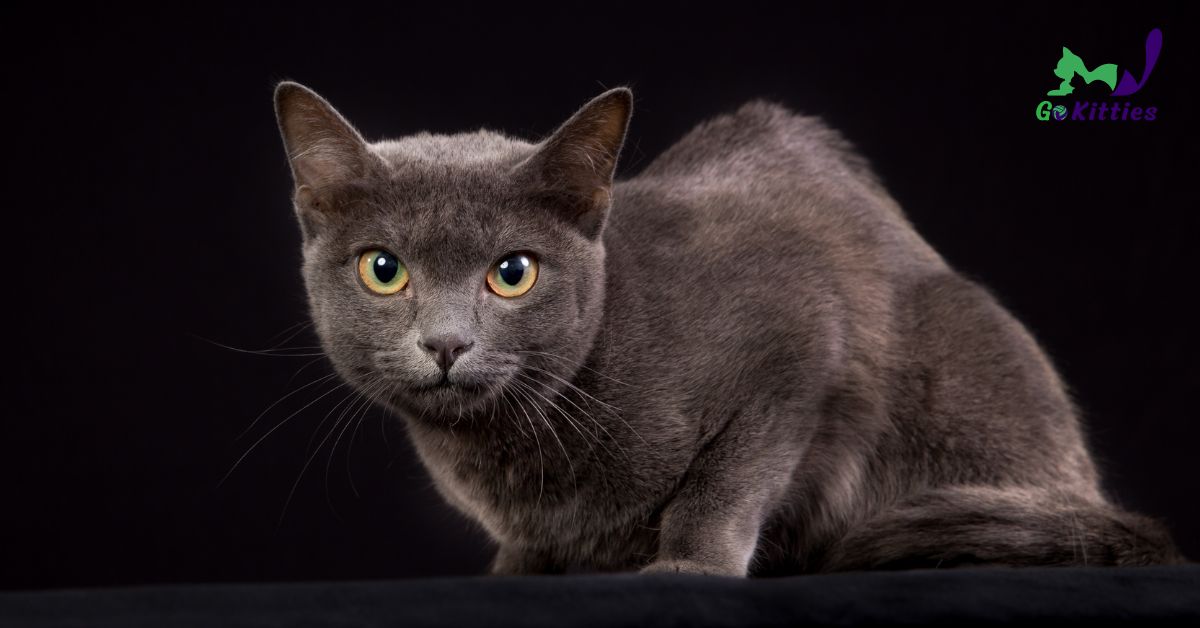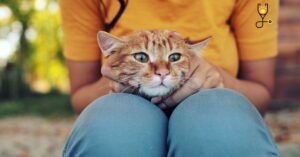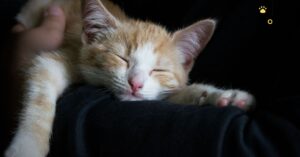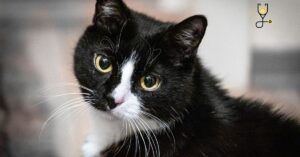Do you love cats? If so, you’re going to want to learn all about the Korat. This enchanting cat breed has a personality like no other – and its health problems are few and far between. So, if you’re looking for a new feline friend, the Korat just might be a perfect choice! But before you make your decision, be sure to read up on this breed’s care and feeding needs. They aren’t terribly complicated, but it’s important that you know what to expect before bringing a Korat into your home. Thanks for reading! 🙂
Breed Synopsis And Characteristics Of The Korat
- Height: 9-10 inches
- Weight: 8-12 pounds
- Coat: Short and dense
- Color: Blue-gray with green eyes
- Life expectancy: 15-20 years
- The Korat is a small to medium-sized cat breed that originates from Thailand.
- They are one of the oldest known breeds of domestic cats and are also one of the rarest.
- Korats are beautiful cats with blue-gray fur and green eyes.
- They are very intelligent and have very playful personalities.
- Unfortunately, they are also quite rare, so if you’re looking for a Korat, you may have to do some searching! However, they make wonderful pets and are well worth the effort!
Health Problems Associated With The Korat Breed
The Korat is a very healthy breed of cat, but there are a few health problems that have been known to occur. These include:
– Respiratory problems: Korats are prone to respiratory infections and allergies. Be sure to keep an eye out for any signs of respiratory distress and take your cat to the vet if you notice anything out of the ordinary.

– Cardiac problems: Some Korats have been known to develop heart conditions later in life. Again, it’s important to watch for any signs of trouble and bring your cat to the vet if you have any concerns.
– Kidney problems: A small percentage of Korats may suffer from kidney disease. This is something that all Korat owners should be aware of, as it can be fatal if left untreated.
– Joint problems: Korats are also prone to joint problems, such as arthritis. If you notice your cat is having trouble moving around or seems to be in pain, make sure to take them to the vet right away.
– Obesity: Like all cats, Korats can become obese if they don’t get enough exercise and eat too much. This can lead to a host of other health problems, so it’s important to keep your cat at a healthy weight.
Care And Feeding Needs Of The Korat Cat Breed
1. Korats need to be brushed regularly to prevent their fur from becoming matted.
2. Korats are relatively active cats and need a lot of exercises. Be sure to provide them with plenty of toys and scratching posts to keep them amused.
3. Korats are known for being very vocal cats. If you don’t like a lot of noise, then this probably isn’t the breed for you!
4. Korats are relatively easy to care for and make great pets for first-time cat owners.
5. When it comes to feeding, Korats are not picky eaters. However, they do require a high-quality diet that is rich in protein and nutrients. Be sure to consult with your vet to find the best food for your Korat.

Adopting And Purchasing A Korat
-Korats are relatively rare, so you may have to do some searching if you want to find one.
-If you are purchasing a Korat from a breeder, be sure to ask about health clearances and meet the parents of the kitten to get an idea of what to expect.
-Korats typically cost between $500 and $1,000.
-When adopting a Korat, be sure to visit your local shelter or rescue organization first. You may be able to find the perfect cat for your home!
Play And Enjoyment Tips For Your Korat
1. Korats love to play and are very active cats. Be sure to provide them with plenty of toys and space to run and roam.
2. Korats are also known for being very vocal. If you don’t like a lot of noise, then this probably isn’t the breed for you!
3. Korats make great pets for first-time cat owners. They are relatively easy to care for and are very loving animals.
4. When it comes to playing with your Korat, be sure to use caution. They are small cats and can easily injure themselves if they aren’t careful.
5. Always supervise your Korat when they are playing and make sure they have plenty of safe spaces to explore.

Conclusion
The Korat is a beautiful and rare breed of cat. They are intelligent, playful, and loving animals that make great pets for first-time cat owners. However, they are also quite rare, so you may have to do some searching if you want to find one. Korats require a high-quality diet and plenty of exercises, but they are relatively easy to care for overall. If you’re looking for a unique and special cat, then the Korat may be the perfect choice for you!
Frequently Asked Questions About The Korat Cat Breed
1. What is the average life expectancy of a Korat?
The average life expectancy of a Korat is 12-15 years.
2. Do Korats require a lot of exercises?
Korats are relatively active cats and need a lot of exercises. Be sure to provide them with plenty of toys and scratching posts to keep them amused.
3. Are Korats good with children?
Korats make great pets for first-time cat owners. They are relatively easy to care for and are very loving animals. However, they are also quite rare, so you may have to do some searching if you want to find one.
4. What is the best food for a Korat?
When it comes to feeding, Korats are not picky eaters. However, they do require a high-quality diet that is rich in protein and nutrients. Be sure to consult with your vet to find the best food for your Korat.
5. How much does a Korat cost?
Korats typically cost between $500 and $1,000.







